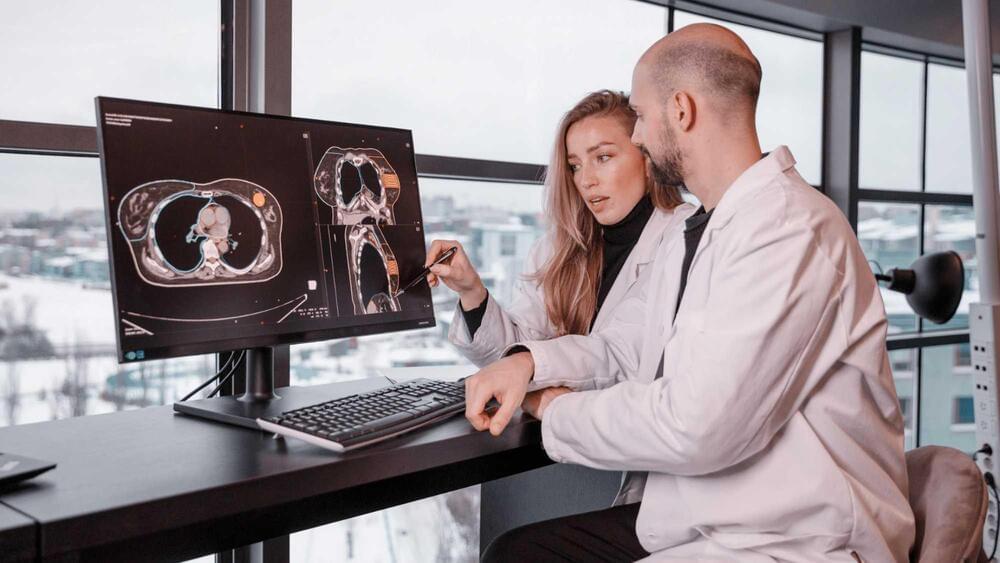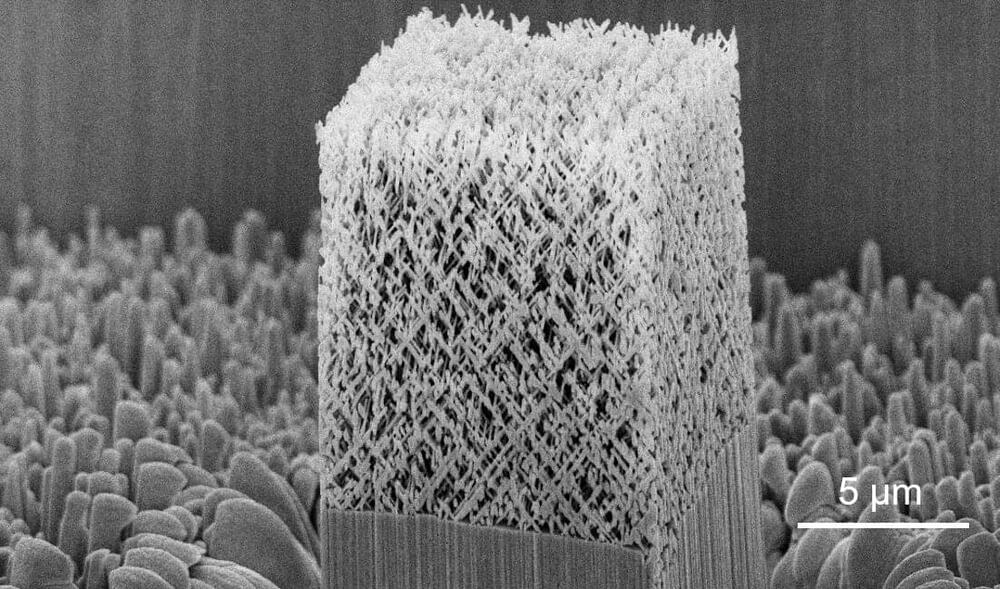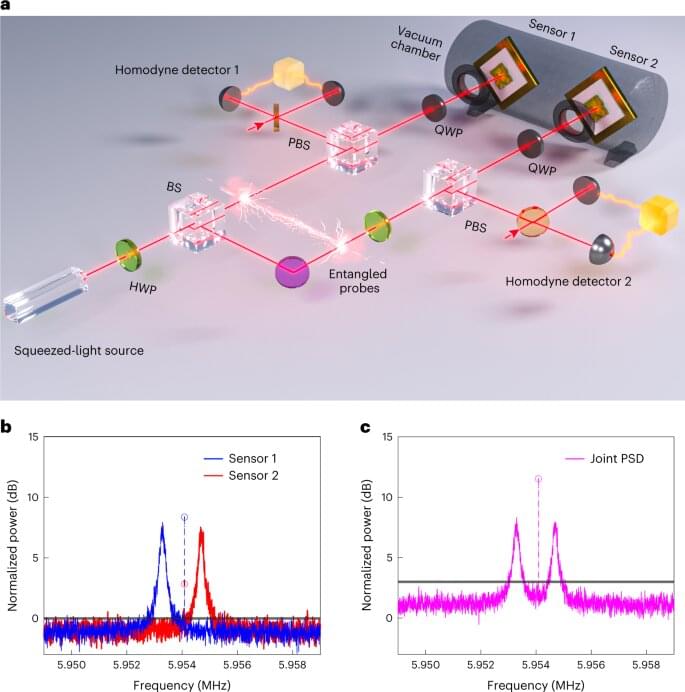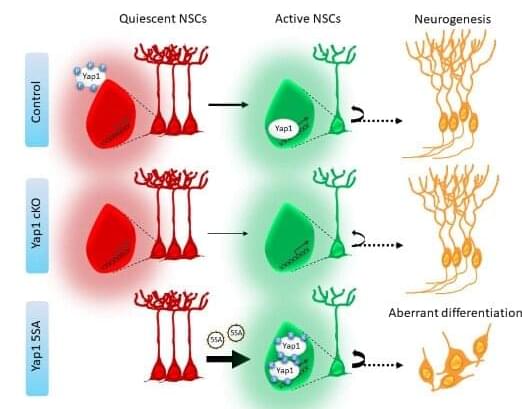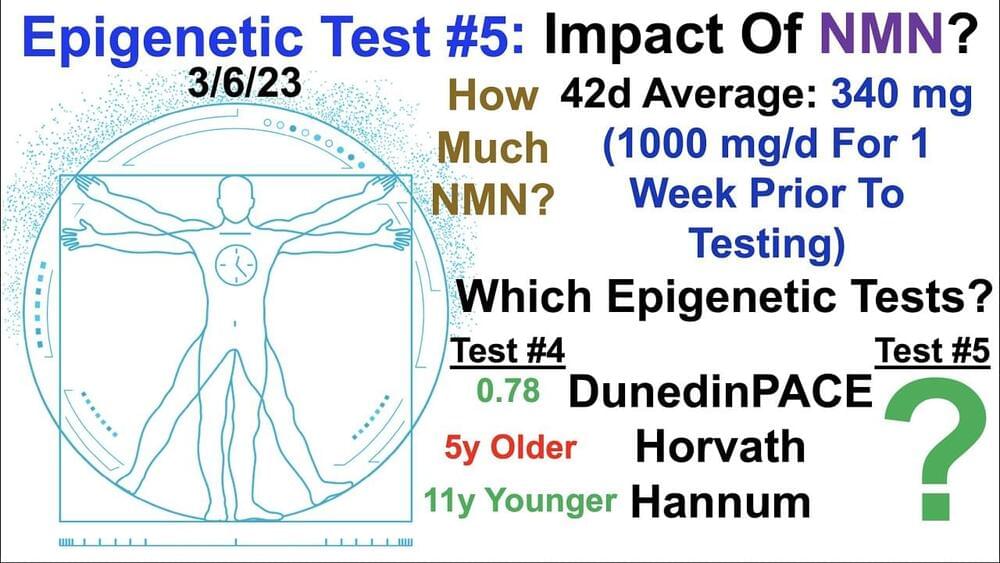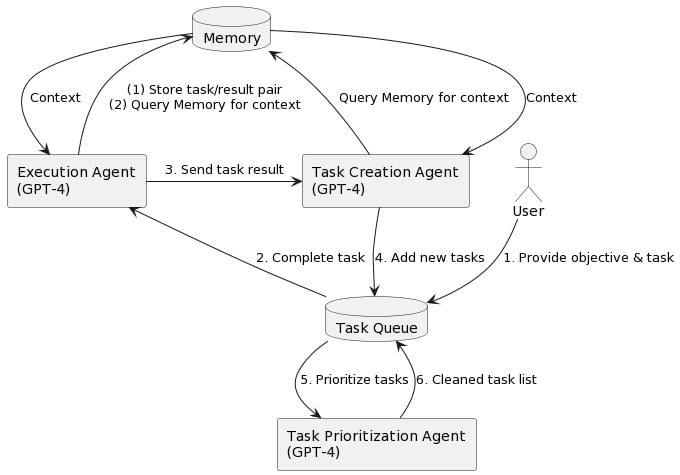Apr 23, 2023
Artificial intelligence and machine learning are powering efforts to bioengineer new enzymes, expedite drug development and improve access to radiotherapy
Posted by Dan Breeden in categories: bioengineering, biotech/medical, robotics/AI
Orion in March announced it has set out on a four-year project to build a cutting-edge ecosystem for pharmaceutical research in Finland.
Consisting of companies, universities and research institutes, the ecosystem will utilise artificial intelligence and machine learning in order to reduce the time required for studying and developing pharmaceutical products.
“Utilising data with the help of artificial intelligence is a competitive advantage for developing new innovative medicines because it expedites development and significantly increases the probability of success,” toldOuti Vaarala, director of innovative medicines at Orion.
